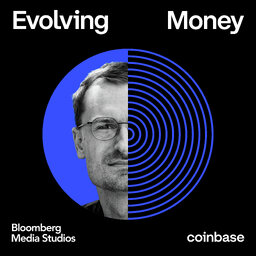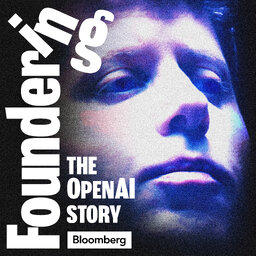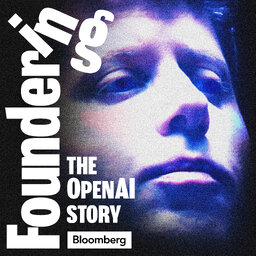OpenAI Part 3: Heaven and Hell, Part 1
Foundering
Foundering is an award-winning, serialized podcast from the journalists at Bloomberg Technology. Each season, Foundering brings you inside a different…182 clip(s)
Loading playlist
A group of high-level early employees who had glimpsed the fluidity and power of the technology behind ChatGPT left OpenAI to start a new company. Their exit sparked concerns that OpenAI is not prioritizing safety. Meanwhile, the success of ChatGPT drove a craze within the tech industry but also added fuel to existing apocalyptic fears. In this episode, reporter Ellen Huet examines the frenzy around AI, both its utopic dreams and visions of impending doom.
In 1 playlist(s)
Foundering
Foundering is an award-winning, serialized podcast from the journalists at Bloomberg Technology. Eac…Social links
Follow podcast
Recent clips

Evolving Money: Rebuilding the Creator Economy (Sponsored Content)
18:29

OpenAI Part 5: Beware the Ides of November
47:50

OpenAI Part 4: Heaven and Hell, Part 2
21:59
 Foundering
Foundering